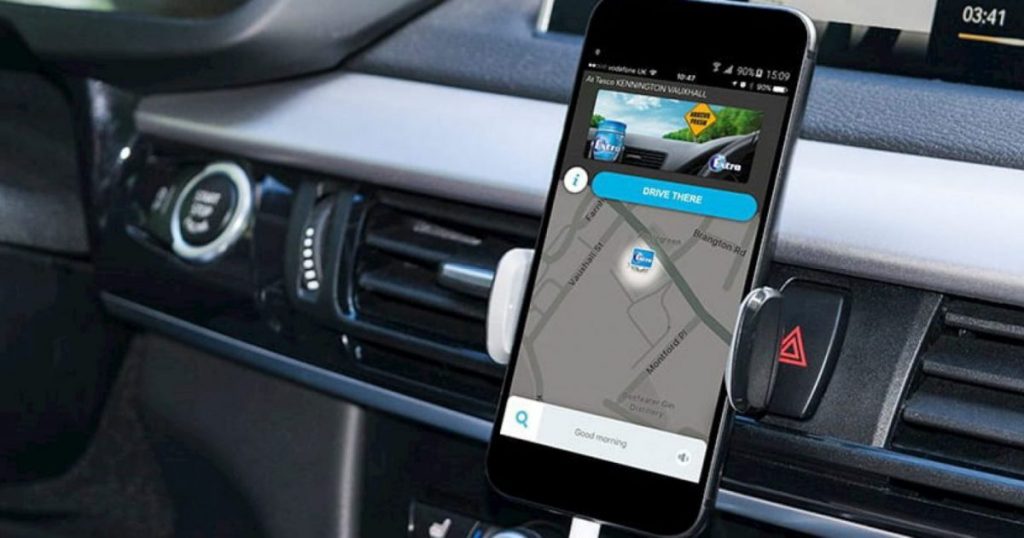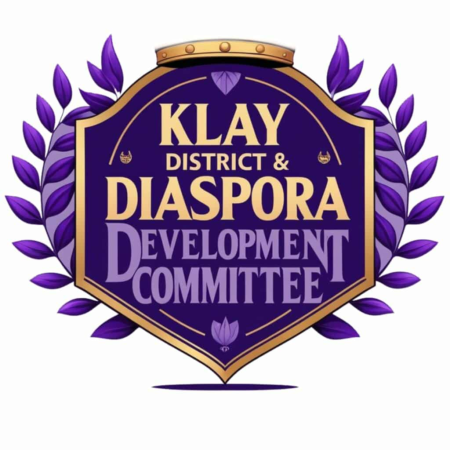The Lagos State Government has initiated a comprehensive inspection program targeting all vehicles operating under licensed e-hailing platforms within the state. This decisive action stems from growing concerns over safety risks, declining service quality, and inadequate regulatory compliance within the burgeoning e-hailing sector. The government aims to ensure that all vehicles used for e-hailing services meet acceptable safety standards, thereby safeguarding the lives and well-being of both passengers and other road users. The inspection will encompass a thorough assessment of vehicle roadworthiness, including mechanical integrity, safety features, and overall condition. Vehicles failing to meet the stipulated standards will be prohibited from operating on Lagos roads, underscoring the government’s commitment to enforcing stringent safety regulations.
This initiative reflects the Lagos State Government’s proactive approach to addressing the challenges posed by the rapidly expanding e-hailing industry. The government recognizes the transformative potential of e-hailing services in providing convenient and accessible transportation options but emphasizes the need for robust regulatory oversight to mitigate associated risks. By mandating this comprehensive inspection, the government intends to create a safer and more reliable e-hailing ecosystem that benefits both passengers and operators. The move also highlights the government’s commitment to upholding high standards of service delivery and accountability within the sector, ultimately contributing to a more efficient and sustainable transportation network.
The government’s concerns extend beyond vehicle safety, encompassing broader operational aspects of e-hailing services. A key area of concern is the inadequacy of databases maintained by some operators, which hinders effective tracking of crimes potentially facilitated through their platforms. The lack of comprehensive driver and vehicle information poses significant security risks, making it difficult to identify and apprehend perpetrators in the event of criminal activity. The government emphasizes the importance of robust data management practices for enhanced security and accountability within the e-hailing sector. The mandated inspection will also scrutinize operators’ data collection and management systems to ensure compliance with regulatory requirements.
Furthermore, the government is addressing the issue of unregistered vehicles operating within the e-hailing sector. The use of such vehicles not only poses security risks but also undermines the regulatory framework governing the industry. The government has declared zero tolerance for this practice and will take decisive action against operators found to be non-compliant. The comprehensive inspection will specifically target the identification and removal of unregistered vehicles from the e-hailing ecosystem. This measure reinforces the government’s commitment to enforcing compliance and maintaining a level playing field for all legitimate operators.
The government also emphasizes the importance of driver certification and responsible passenger behavior. All e-hailing drivers are required to be certified by the Lagos State Drivers’ Institute, ensuring they possess the necessary skills and knowledge to operate safely and professionally. This certification requirement aims to enhance the overall quality of service and passenger safety within the e-hailing sector. Additionally, passengers are urged to avoid offline bookings, as these transactions lack the necessary safeguards and accountability mechanisms inherent in official platform bookings. By utilizing official e-hailing platforms, passengers contribute to their own safety and support the regulatory efforts of the government.
The Lagos State Government’s commitment to improving the e-hailing sector is evident in its engagement with key stakeholders. Representatives from major e-hailing platforms operating within the state, including Uber, Bolt, Lagride, Laurie, Vas Acquico, InDrive, Folti Tech, and EDryv, participated in a meeting with government officials to discuss safety upgrades and regulatory compliance. These platforms presented updates on their respective safety enhancements, including panic buttons and enhanced driver verification systems, demonstrating their commitment to aligning with the government’s safety objectives. This collaborative approach fosters a constructive dialogue between the government and operators, paving the way for a safer and more regulated e-hailing landscape in Lagos State.














